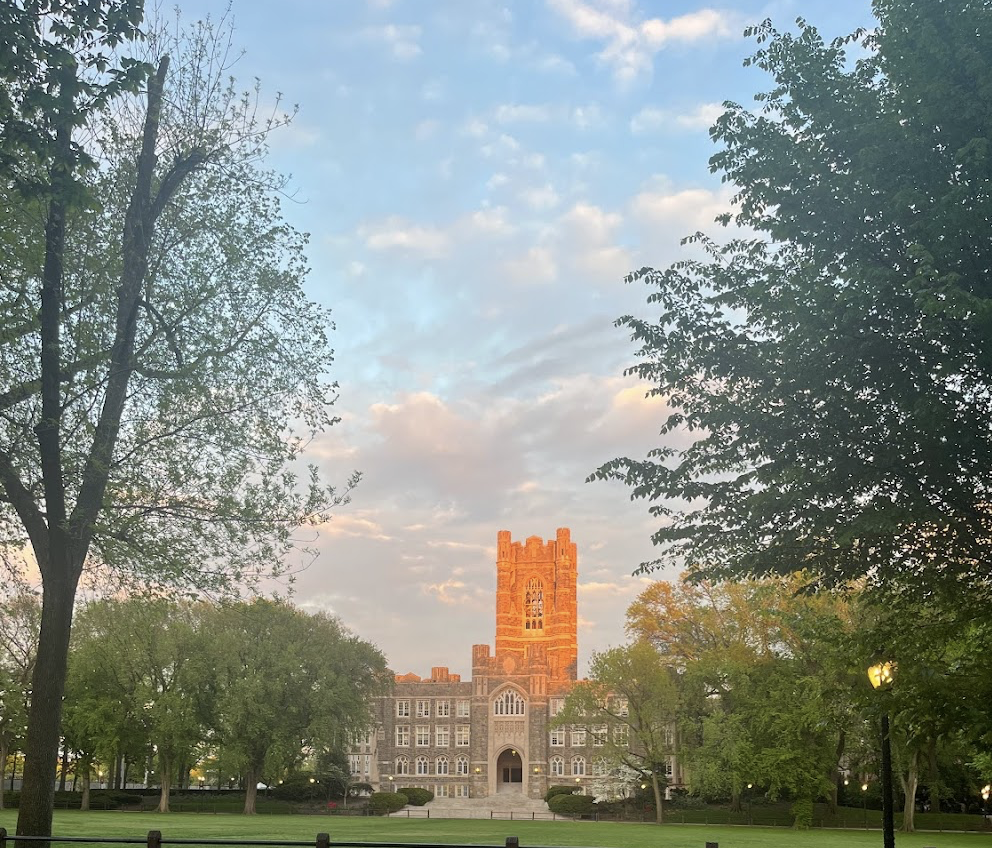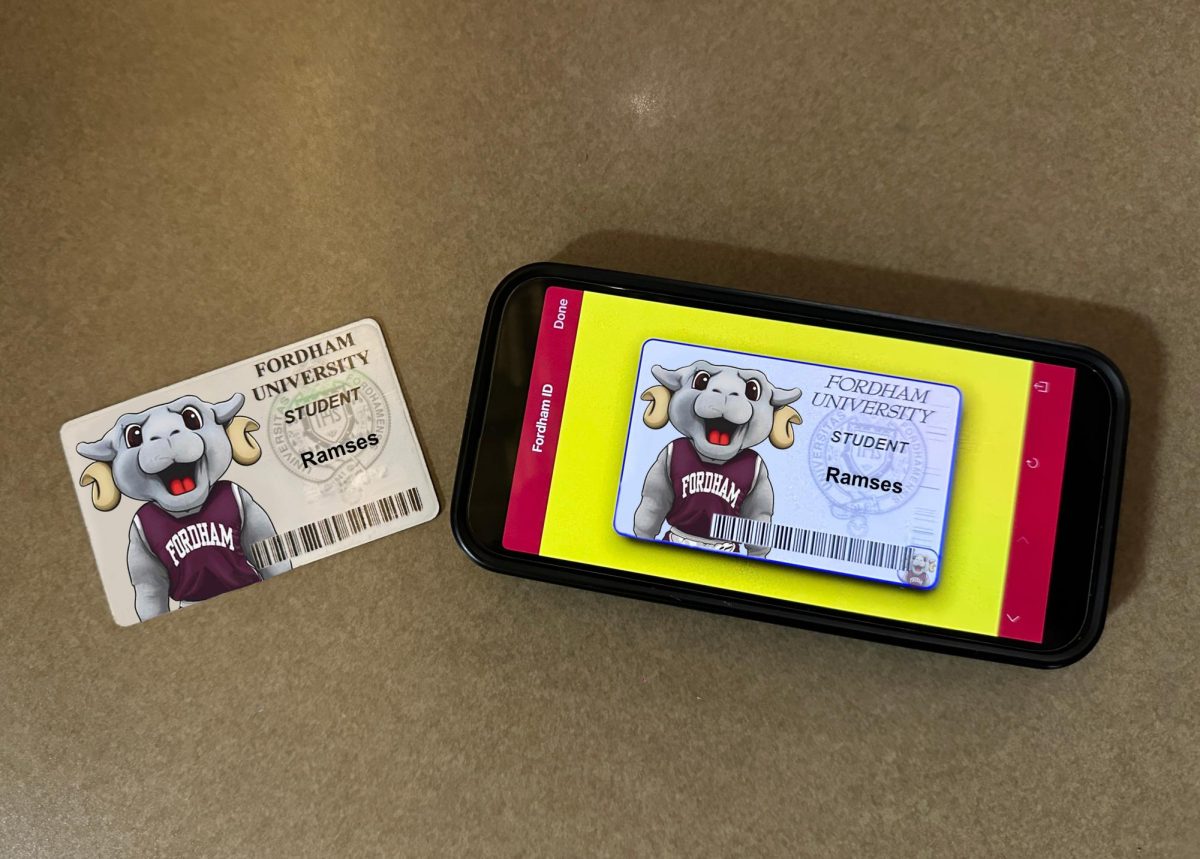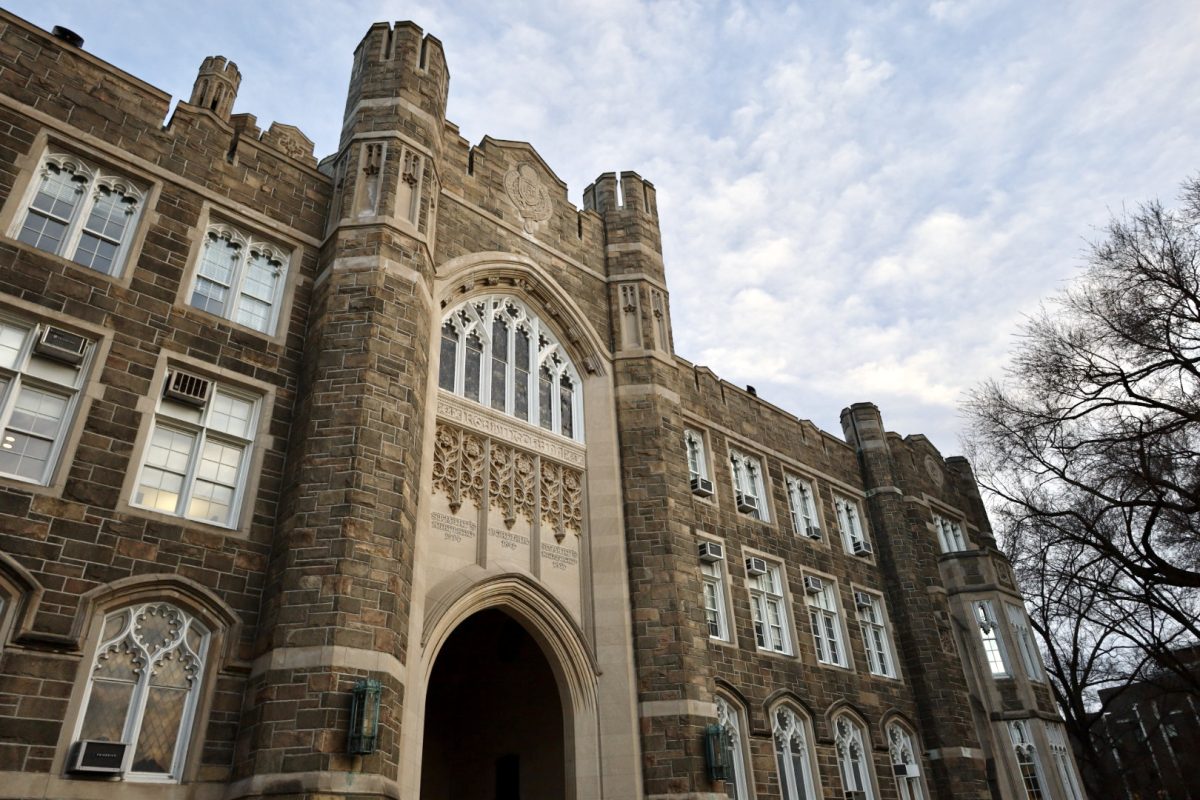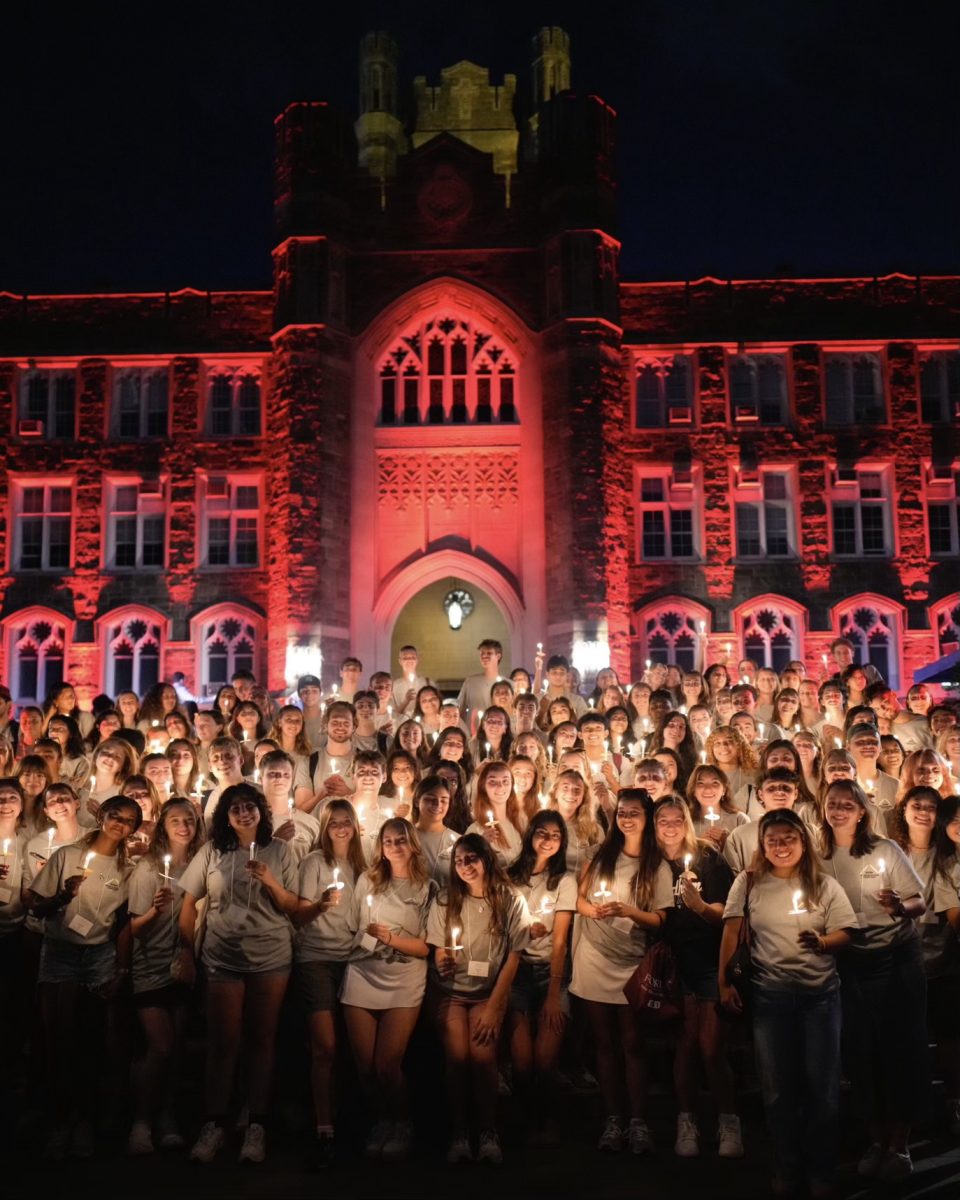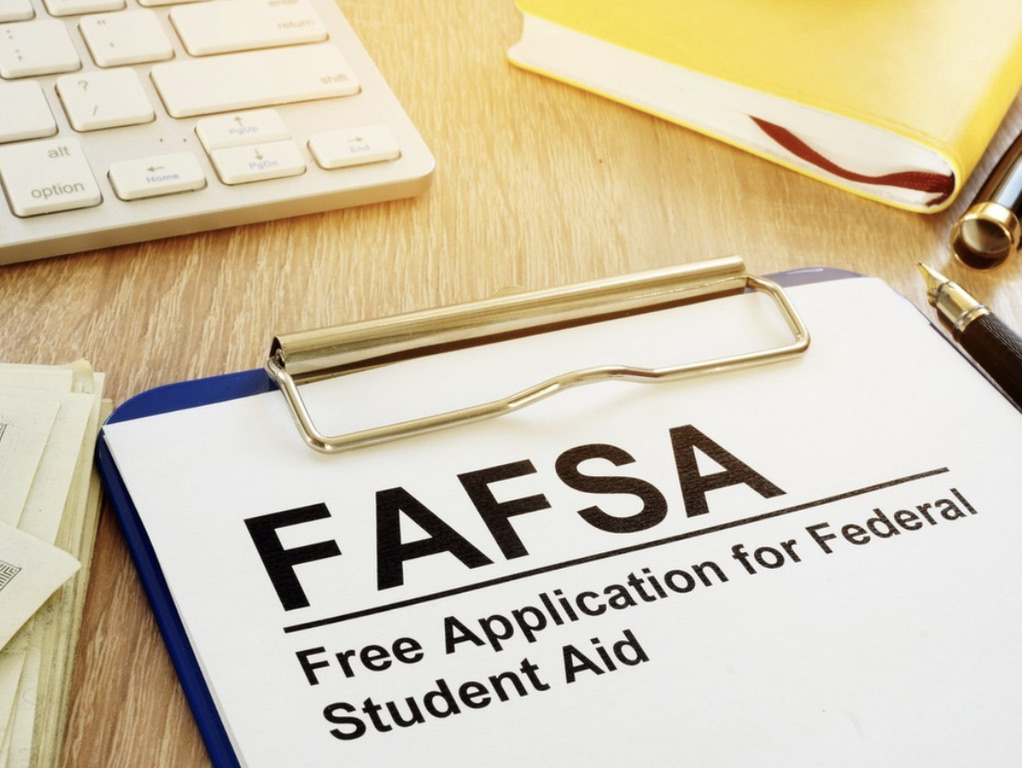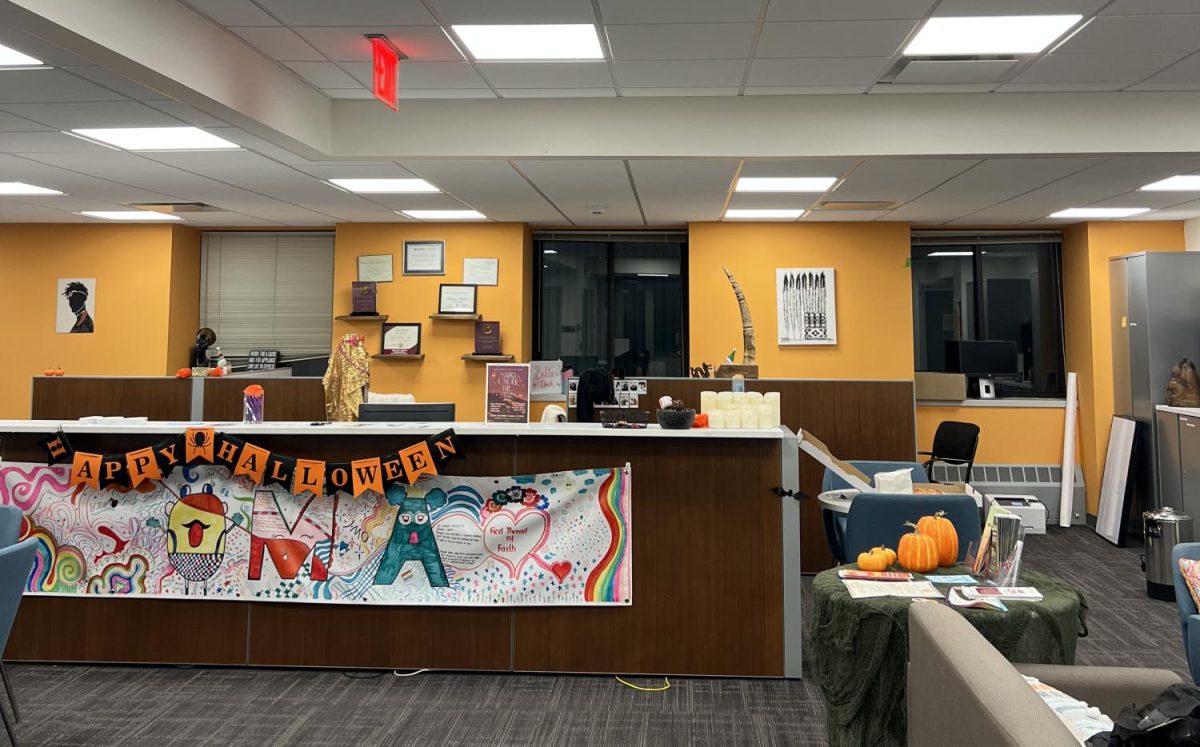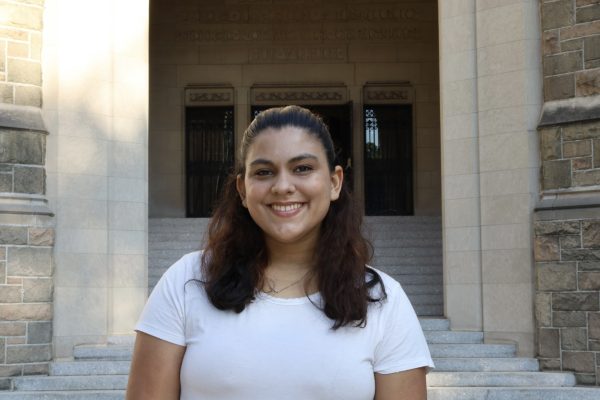Each year, Fordham University accepts four different types of applications with their own submission and decision dates: Early Action, Early Decision I, Regular Decision and Early Decision II, as explained on their website. The last of the admissions decisions are released to applicants on April 1. At this point in the year, admitted students are deciding where to put down their deposits and if they want to be a part of the Fordham Class of 2028. This weekend, Fordham hosted “Spring Preview,” inviting accepted students and their families to get a feel of what it is like to be a part of the Fordham community.
Patricia Peek, dean of Undergraduate Admissions, explained that when looking at the prospective students accepted for the Class of 2028, one must keep in mind that data on enrolled students and final admission rates will not be ready for release until late August. “At the same time, diversity numbers for applicants, admitted and enrolled students will become available as well, as that information is suppressed during the admission cycle after the Supreme Court of the United States (SCOTUS) ruling on the use of race in admission was handed down last summer,” Peek further explained.
However, Peek stated that the average GPA of admitted students on a 4.0-point scale was 3.78, which she said was comparable to other recently admitted classes. “They hail from all 50 states, D.C., [Puerto Rico] and 118 countries,” she added. Peek explained that Fordham received approximately 44,000 applications and every application is viewed with a holistic approach. “In order of importance, we seek students who are academically prepared for the rigors of Fordham, will make positive contributions to our community, demonstrate evidence of service and/or leadership, entrepreneurial skills, intellectual curiosity and resilience,” Peek stated. She also added that the university seeks diverse perspectives and experiences among its students.
Jose Olivares, associate director of Transfer Admissions, provided insight into the university’s transfer applications. Peek stated that transfer applicants usually have a minimum college GPA of a 3.0, however, many are much higher. Olivares explained that since 2020, Fordham has received between 1,350 and 1,650 transfer applications each fall and around 600 each spring. After admissions and enrollment, the university ends up with over 200 transfers in for the fall semester and 60 for the spring semester.
“Students typically come from four-year institutions, and we are seeking to grow our community college applicant pool,” Olivares explained. Peek elaborated by explaining that in order to support this initiative Fordham offers the Phi Theta Kappa (PTK) scholarship for academically talented community college students with the designation.
“For a number of years, we have been focusing more on increasing our transfer student support,” Peek stated. The PTK scholarship is one of many ways that the university has increased financial aid available for transfer students. Additionally, the Dean’s Office and transfer directors have begun accelerating transfer credit evaluations so prospective transfer students can better understand which courses from their current college or university will count for Fordham credit. Peek mentioned that the university offers in-person and virtual transfer programming, one-on-one counseling throughout the transfer process, accessible application through Common Application for Transfer and partnership with the School of Professional and Continuing Studies to refer students who are candidates for part-time programming.
The processes for both first-year and transfer students are conducted very similarly. They include the holistic review of an applicant’s submitted information, optional submission of standardized testing and a focus on bringing in a diverse and motivated class of students. “We also engage in direct marketing outreach to talented students including those who are recognized as National Merit and/or National Recognition program designees,” Peek commented, stating that the university is excited that the National Recognition program will be adding first generation students to their outreach programs.
More information on the most recent admissions cycle will be released closer to the beginning of the fall 2024 semester, when enrollment numbers are finalized.





































































































































































































